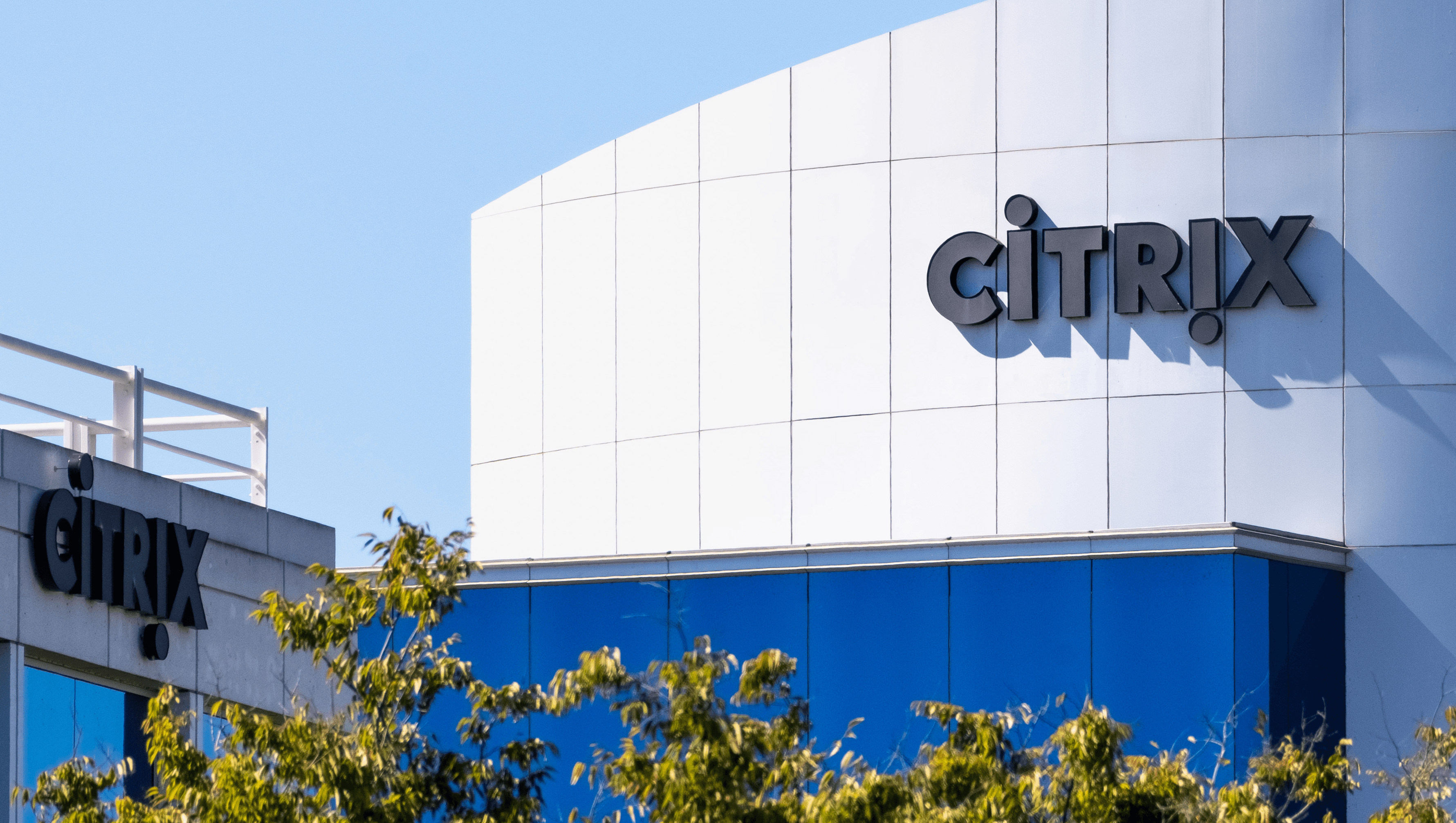Welcome to Hawatel's blog!
May 15, 2025 | General / Infrastructure management / Monitoring
NetScaler in 2025: How to use AI to optimize applications?
In 2025, Artificial Intelligence (AI) is becoming an integral part of the IT world, and tools like NetScaler - leaders in delivering and securing applications - must keep pace with this trend. But does NetScaler really use AI to optimize applications? Let’s take a look at what it offers today and how it can be integrated with AI technologies to boost performance and security in hybrid cloud environments.
NetScaler today: A foundation for AI
As an advanced Application Delivery Controller (ADC), NetScaler does not yet (as of 2025) include dedicated, built-in AI modules in the classic sense—such as machine learning models training on real-time data. However, its current analytics and automation features are advanced enough to form a solid foundation for future AI use cases.
- Real-time analytics: With the NetScaler Console (formerly ADM), you can monitor network traffic, application performance, and user behavior. The system provides recommendations—such as selecting the optimal data center based on user location or network conditions. While this isn’t full-fledged AI, it is advanced predictive analytics that could be enhanced with ML algorithms.
- Web Application Firewall (WAF): NetScaler WAF uses pattern-learning mechanisms to detect threats such as DDoS attacks or bots. It observes traffic and adapts accordingly, resembling basic machine learning applications.
- Automation: Next-Gen APIs and Infrastructure as Code features enable dynamic configuration management. This is a step toward automation that AI could further develop—e.g., predicting loads and adjusting resources on the fly.

Source: NetScaler
How to use AI with NetScaler?
While NetScaler itself doesn’t yet offer native AI modules, its integration with the cloud ecosystem opens the door to using external AI tools. Here are a few practical ideas:
- Traffic prediction with Azure AI: Export data from NetScaler to a platform like Microsoft Azure AI or Sentinel. This allows you to analyze historical traffic patterns and predict load spikes, enabling NetScaler to proactively scale resources.
- SaaS application optimization: NetScaler excels at accelerating SaaS applications (like Microsoft 365). Combine it with AI tools for performance analysis to automatically adjust settings based on user needs.
- Advanced protection: Use WAF data to train ML models that better recognize new types of attacks. While NetScaler doesn't do this natively, you can build such a system externally and integrate it with its security policies.
The future: NetScaler and AI in 2025 and beyond
In 2025, NetScaler’s competitors - like F5 BIG-IP - are beginning to experiment with AI for optimization and cybersecurity. To maintain its leadership position, NetScaler will likely head in the same direction. In the coming years, we can expect new features to emerge. Examples may include AI-based predictive scaling that automatically adjusts bandwidth based on forecasted traffic. Another possibility is built-in ML models in the WAF for faster anomaly detection. Smart recommendations in the NetScaler Console based on data from the entire cloud ecosystem are also on the horizon.

Why does this matter?
In an era where applications must run faster, more securely, and more reliably, AI becomes the key to success. Even without native AI modules, NetScaler already offers tools that - when combined with external solutions - can revolutionize application management. In 2025, companies that leverage these capabilities will gain a competitive edge - from improved performance to more effective protection against cyber threats.
NetScaler in 2025 is not just an ADC, but a platform ready for the AI era. While today it relies on advanced analytics and automation, its potential grows when integrated with external AI tools. Want to optimize your applications? Start with the data you already have in NetScaler - and let AI take it to the next level.


